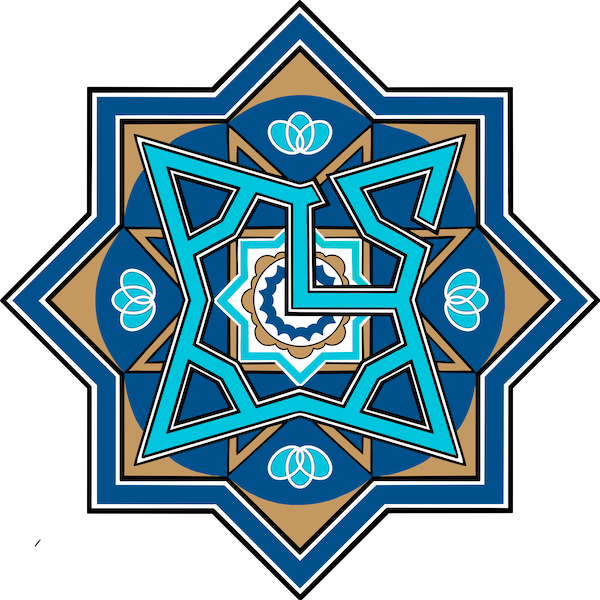Waypoints and Watersheds:
Arab American Activism and Memories,
a Conference Marking the 50th Anniversary of the 1967 War.
Arab American Studies Association 2017 Conference
March 24-26, 2017
Arab American National Museum, Dearborn, MI
Several important Arab and Arab American institutions and associations were established in the immediate aftermath of the 1967 War. They variously sought to counteract negative stereotypes about Arabs, represent the interests of Arabs in the U.S., influence U.S. foreign policy, return refugees to their homes, meet their needs, or consolidate an identity politics that would bring together American citizens of Arab descent with new arrivals from the Arab region. In a context of the Vietnam war, student protests and the civil rights movements, Arab Americans were part of the transformations happening within the U.S. as well as events in the Middle East. With the 50th anniversary of 1967 in mind, this conference will explore whether and how 1967 and its aftermath was formative for Arab American identity, activism, cultural production, and scholarship. We also seek to investigate the impacts of the 1967 War and other watershed events, such as the dissolution of the Ottoman Empire, the Hart-Celler Act, the Iranian Revolution, and 9/11, among others, on historical and contemporary Arab American dynamics.
Scholars from American studies, media studies, literature, history, ethnic studies, cultural studies, anthropology, sociology, political science, Arab and Islamic Studies, gender, sexuality and women’s studies, performance studies, public health, psychology and other related fields are invited to submit individual paper abstracts or pre-organized panels.
Activists in Arab American formations in the 1960s, 70s and 80s are invited to participate in roundtables that are intended to celebrate the activism of an earlier generation and discuss the legacies of their work, good and bad, in the present moment.
Possible paper and panel topics include:
- Changing race, class, gender, and sexual identities in Arab American “community” dynamics resulting from the 1967 war and other watershed events in Arab American history over the last half-century
- Memory and nostalgia in literature, biographies, and art
- The role of wars and international events in the creation of “community” and identity
- Cultural and intellectual products in relationship to political activisms
- Racialization and stereotyping of Arab and Muslim Americans in the media and society
- The role of religion and secularism at the national, transnational, or local levels
- Displacement, diaspora, and demographics within the Arab American community
- Engagements with the environment, globalization, disability and social justice issues
- Shifting political alliances and ideologies in solidarity movements
- Fluctuations in anti-Arab (or Islamophobic) violence
- State-sponsored discrimination (including immigration policies)
- Arab creative output, material products and business enterprises in the U.S.
- Discourses on Arab Americans and health, including psychology public health and mental health fields
- Gendered analyses of any of these topics
LAST UPDATED (6/30/16):
To propose a pre-arranged panel or individual paper for this conference, please submit a 300-500-word abstract to the submission website for AASA 2017 at https://easychair.org/conferences/?conf=aasa2017 by June 30, 2016 the NEW EXTENDED DEADLINE of August 1st, 2016.
Please direct any questions to conference.program@arabamericanstudies.org.
Conference registration and current membership in the AASA will be required for all accepted scholarly panels.
